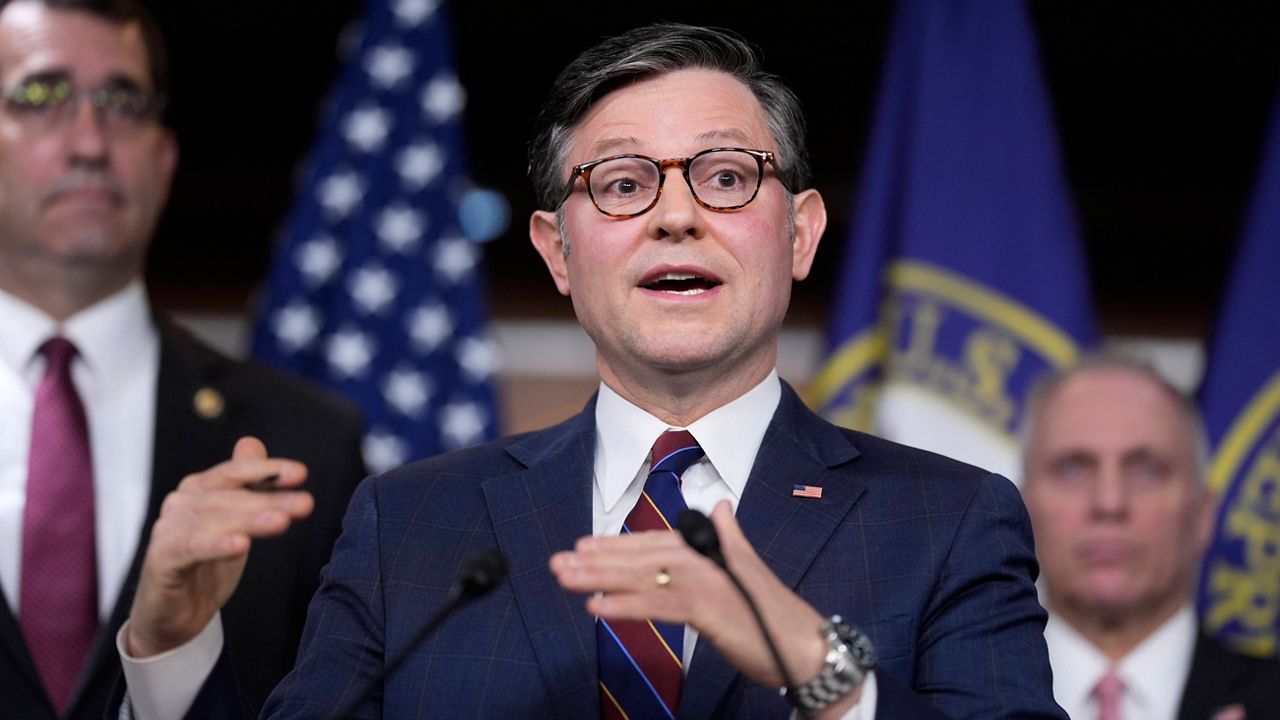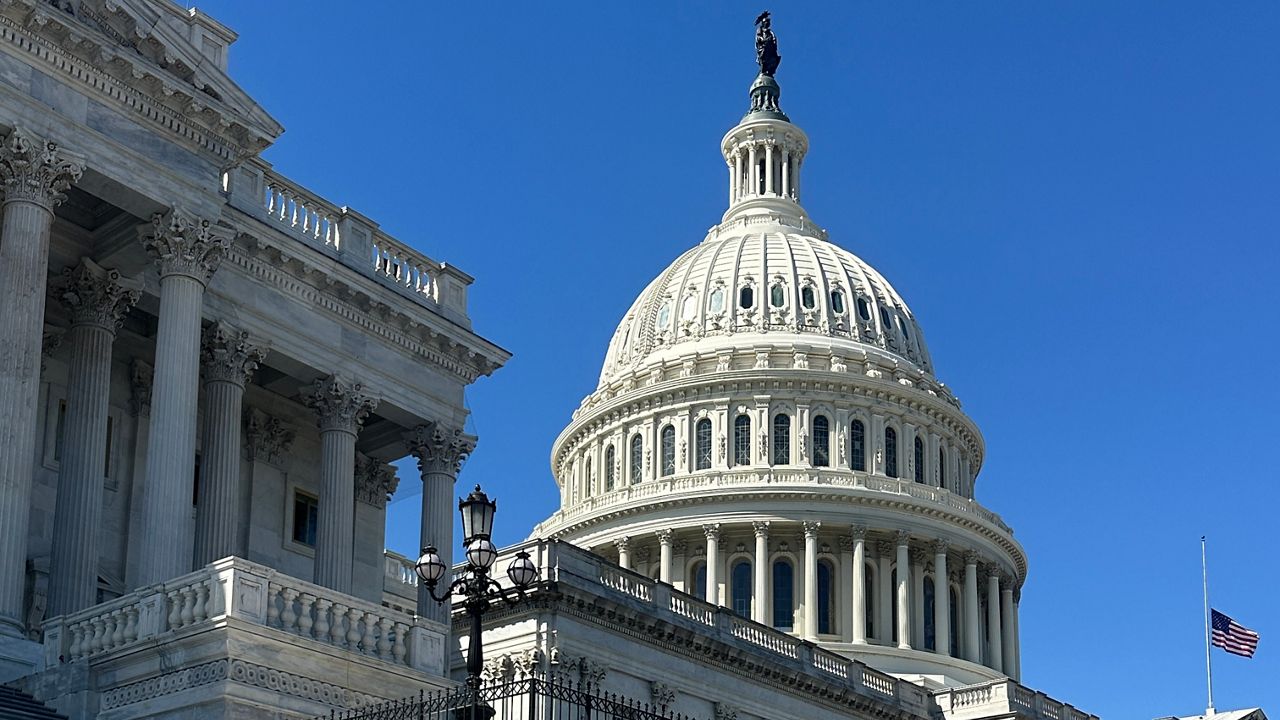WASHINGTON — The Puerto Rico Advisory Committee to the U.S. Commission on Civil Rights is studying the impacts of the island’s territorial status on its residents. Recently, it released a memo detailing inequities residents face in accessing federal programs.
The Committee took testimony from Puerto Ricans, historians, economists, and advocates seeking to end Puerto Rico’s territorial status. George Laws Garcia, the executive director of the Puerto Rico Statehood Council was among those who testified.
"The U.S. Commission on Civil Rights setting up the Puerto Rico Advisory Council is literally the first time that any entity within the federal executive is, in a detailed and systematic way, studying this issue of territorial inequality, and eventually will come up with recommendations on what should be done about them," Laws Garcia said.
The memo details accounts of disparities between those who live in the states, and those who reside in Puerto Rico when it comes to receiving Medicaid, Medicare and disaster assistance.
"Most elderly people receive federal health care benefits through Medicare. In Puerto Rico, U.S. citizens on the island pay federal payroll taxes just like everyone else across the whole country, but the way that our elderly get treated under Medicare is different," Laws Garcia said. "And, one significant example of this is the fact that we don't have the same nursing home care benefits under Medicare in Puerto Rico than you do stateside."
Despite being U.S. citizens, Puerto Ricans who reside on the island cannot vote for president in the general election, and their sole representative in Congress does not have voting power.
In 2022 the House, then controlled by Democrats, passed the Puerto Rico Status Act, to allow the island to become a state, an independent country, or a sovereign country aligned with the United States. Though it had the support of the White House, it was not taken up in the Senate.
"Congress is having a hard time kind of passing anything, just because of the deadlock with the, you know, electoral pressures and the political pressures and everything else," Laws Garcuia said. "So what we're focused on is to continue advancing the conversation about how to improve that proposal that passed the House in 2022. And hopefully build the groundwork so that when Congress is in a position to take action and move this issue forward with more certainty, that you know, there's more members that are aware of it."
The estimated population of Puerto Rico stands at about 3.2 million.









